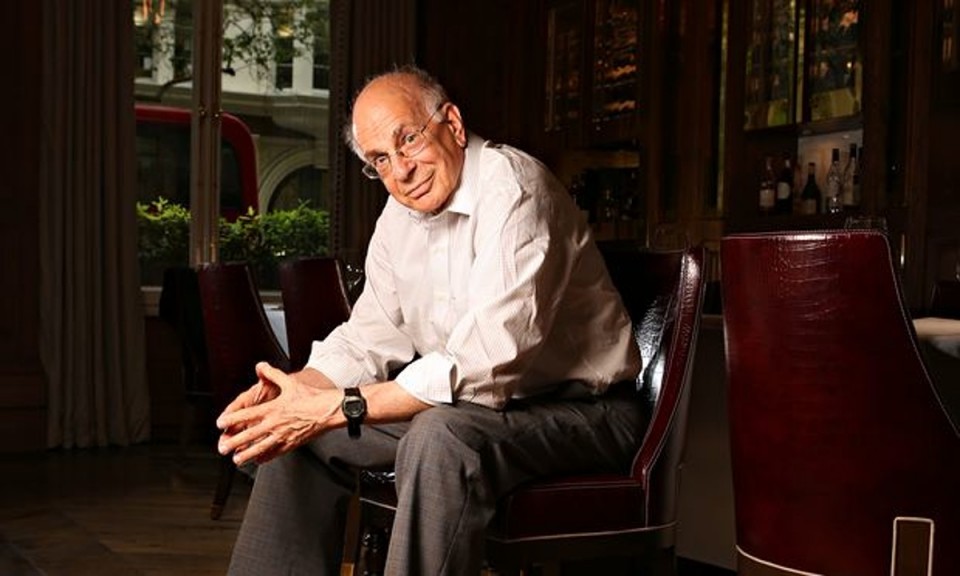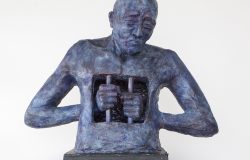I came across this work from Daniel Kahneman (the founder of behavioral economics) who talks about this distinction between our two selves: an experiencing self that lives in and knows the present, and a remembering self that recalls and dictates what experiences will ultimately shape our life story and what emotions are recalled through the remembrances of our stories / experiences.
How many of us, when asked if we’re happy, distinguish between the happiness we’re experiencing right now in this present moment versus how happy we feel about life in general? It’s an important question because they are two very different questions and can result in different answers because they are evaluated from different selves: the experiencing self and the remembering self. This difference makes it very hard for us to ‘think straight’ about our happiness.
Kahneman uses an example to illustrate this point. A person who after attending a concert performance tells how the music was wonderful but that the whole experience was ruined because at the very end there was a terrible screeching sound. The experiencing self enjoyed the concert but the remembering self recalls the whole experience as spoilt or unpleasant because of how the event ended. What the screeching sound ruined were the memories of the experience. The person had the experience. The person had 20 minutes of glorious music, but this counted for nothing because the person was left with a memory; the memory was ruined, and the memory was all the person got to keep. Experiences fade. Memories stay.
So what defines or makes a story memorable, even a story we’ve invented? Not surprisingly, the all-important criteria are:
- The changes we experience
- The significantly defining moments, and
- The endings of that experience. “
Our remembering self doesn’t just remember and tell certain stories, it actually makes decisions about what memories it wants to recall and what feelings it wants to attach to that recall. You choose between the memories you have of experiences and your remembering self has classified memories as good, bad or indifferent. New discoveries in science and neuro-plasticity have helped us appreciate the power of our brains and the infinite possibilities our minds can choose in any given situation. If you have a memory that is unpleasant (let’s say for example a past love that didn’t work out for you) why not go back into your archives of that relationship and look at the changes, defining moments and the endings associated with that relationship. How capable are you of choosing a different focus for that experience and anchoring a new positive meaning to those memories. What did you gain instead what was lost; what did you learn; how have you become better?
You can give your memory a happy ending because you are the author (creator) of your story.
Your challenge this week then is to think about the memories you are locking in for yourself day-to-day. Please spend time reflecting on how happy you are choosing to be. What meanings are you giving to your experiences? Examine your focus and see how good your remembering self is at allowing you a happy ending. If you are remembering events as poor experiences why not refocus and give yourself a happy ending. This could cause you to have a realization that you have an ontology that believes that endings of relationships (or things) must be sad or bad or hurtful. Imagine if you could reconstruct your preferences in such a way that you have a new world view that allows you to have a happy ending to your stories.






